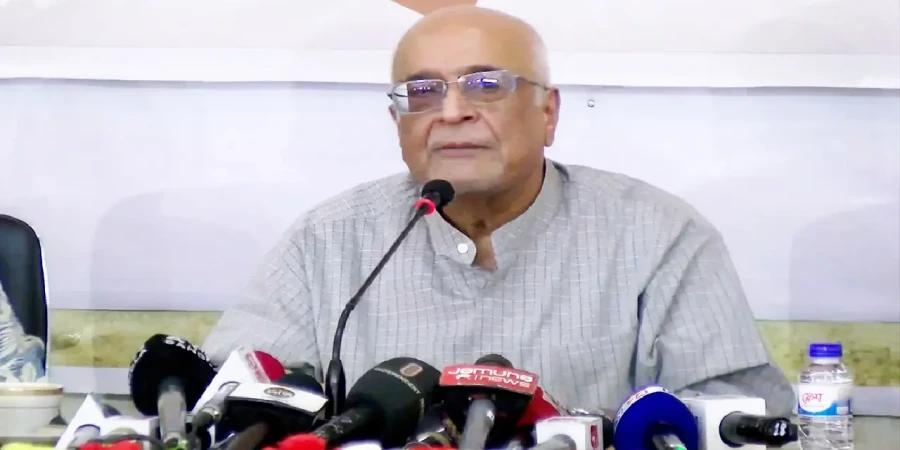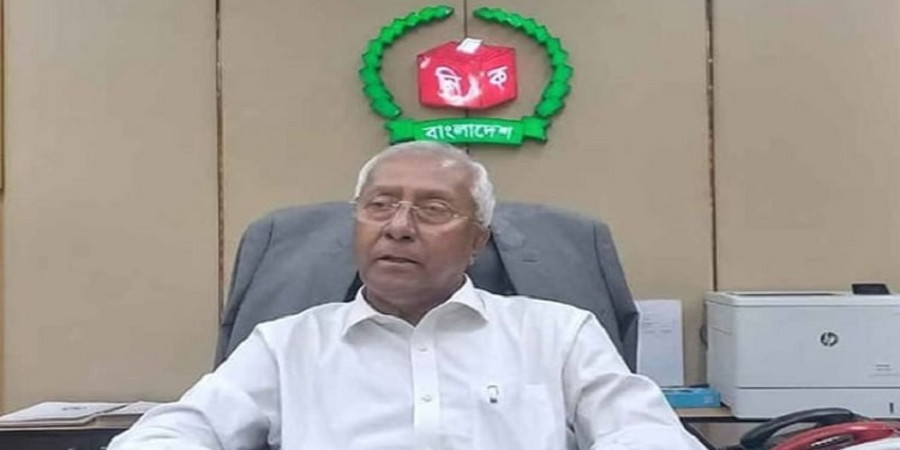
ছবি: Photo: Collected
Debapriya Bhattacharya, the head of the White Paper Drafting Committee on Bangladesh's economic situation, emphasized the need to balance aspirations for excellence with addressing immediate challenges. Speaking at a national dialogue titled “Which Way Forward for Unity?” held at the Krishibid Institution Bangladesh (KIB) auditorium in Dhaka on Friday (December 27), he remarked that pursuing the best should not come at the cost of losing what is already good.
The two-day dialogue, organized by the Forum for Bangladesh Studies, began with its inaugural session earlier in the day. The discussions aim to explore issues of unity, reform, and elections in the current socio-political context.
During his speech, Bhattacharya highlighted the importance of ensuring the basic needs of reform-oriented individuals. He pointed out that without ensuring food, job security, and a lawful environment, such individuals risk being led astray. He argued that while aspirations for reaching the highest standards are commendable, failing to address pressing issues would prevent the nation from achieving those goals.
He also stressed the need for inclusive reforms to address inequalities faced by marginalized groups such as river erosion victims, indigenous communities, Dalits, and others divided by gender, religion, and sexual orientation. Bhattacharya underscored the importance of ensuring the rights to livelihood, free speech, assembly, and survival for these groups, which he identified as crucial to building a unified Bangladesh.
Reflecting on structural reforms, he expressed concern over the lack of focus on foundational societal issues. While administrative reforms are widely discussed, the underlying societal structures often go unnoticed. Bhattacharya stated that discussions rarely touch on vital issues like fair wages for garment workers, farmers receiving fair prices for their produce, or the economic struggles of the middle class.
He lamented the absence of discussions about creating employment opportunities for the youth and how reforms could address their challenges. He questioned the sustainability of structural changes if the fundamental social framework remains weak, emphasizing that true empowerment lies in ensuring livelihoods and economic opportunities.
Bhattacharya expressed disappointment that leaders often overlook these critical issues. While the government continues discussions about special allowances for public servants, similar considerations for others, including educated young people, remain absent. He called for attention to be given to whether social safety nets for the unemployed youth could be introduced.
Speaking on the preparation of the White Paper, Bhattacharya noted his pride in completing it within the stipulated time. He remarked on the alarming extent of economic mismanagement and looting, describing it as a legacy the country has inherited. He called for urgent steps to address these systemic issues.
The dialogue served as a platform to critically analyze Bangladesh’s socio-political and economic challenges, with Bhattacharya urging leaders and stakeholders to prioritize foundational reforms to pave the way for sustainable growth and inclusivity.
repoter






